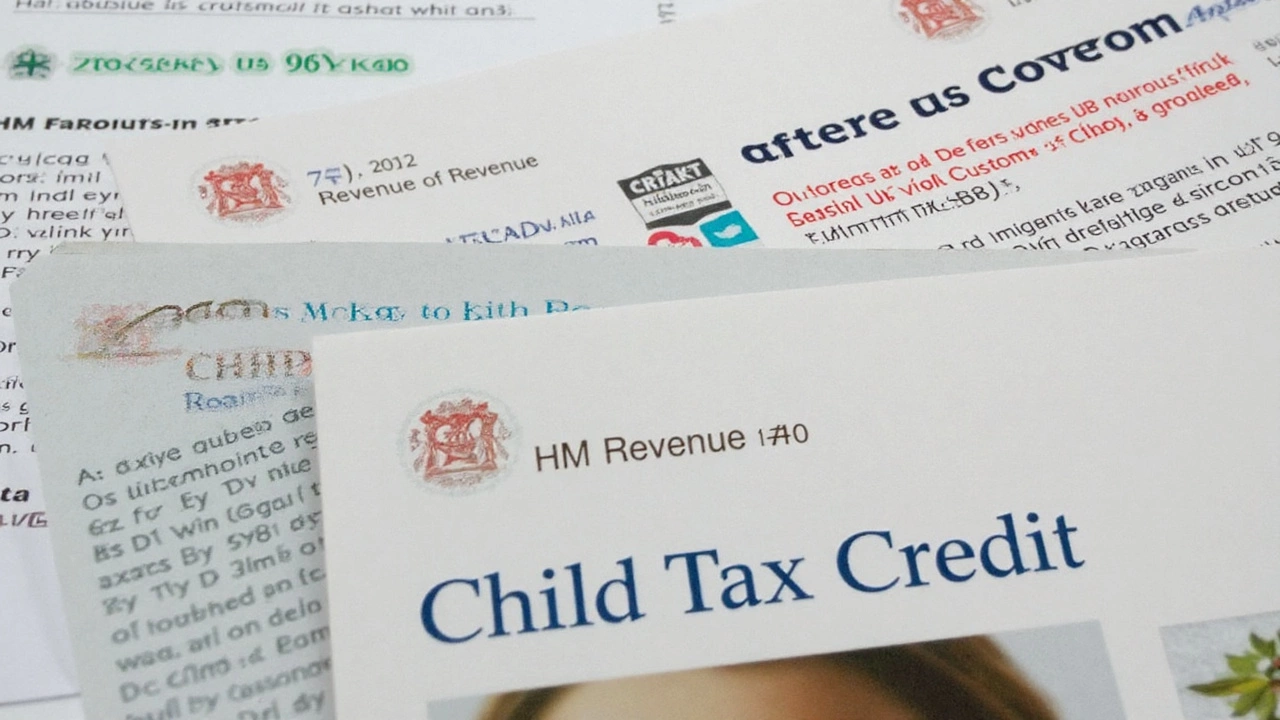Immigration Policies Every Rugby Player Should Know
If you're a rugby player eyeing a spot at Blyth Rugby Football Club, the biggest hurdle after skill and fitness is paperwork. The UK has specific immigration rules for athletes, and knowing them can save you months of delay. Below we break down the basics, so you can focus on training, not forms.
Getting a Visa to Play Rugby in the UK
Most overseas players need a Tier‑2 (Sportsperson) visa. To qualify, the club must have a sponsor licence and issue a Certificate of Sponsorship (CoS). The CoS confirms your job offer, salary, and that the role can’t be filled by a UK‑trained player. Salary isn’t huge for lower‑league clubs, but the Home Office allows a lower threshold for athletes if the club can prove you bring genuine expertise.
First step: ask the Blyth Rugby admin team for their sponsor licence number. They’ll start the CoS application and send you a reference number. You’ll then fill out the online visa form, pay the visa fee, and schedule a biometric appointment. Keep all documents handy—passport, proof of English ability (IELTS or equivalent), and any contracts.
Staying Compliant and Planning Ahead
Once you land, the visa usually lasts up to three years. You can extend it if you keep playing and the club renews the sponsorship. It’s crucial to keep your address updated with UKVI and report any change in employment status. If you switch clubs, you’ll need a new CoS, so plan moves early.
Don’t overlook health insurance. The UK’s NHS covers residents, but you’ll need to pay the immigration health surcharge during the visa application. This gives you access to public medical care, which is handy after a tough match.
For shorter stays, such as a trial period, a Standard Visitor visa can work, but you can’t be paid by the club. It’s best for a week‑long training camp, not a season contract. If you’re a student combining studies with rugby, a Tier‑4 (General) student visa might be the route, allowing limited work hours.
Finally, keep an eye on policy changes. The UK government reviews immigration rules annually, and Brexit introduced new points‑based criteria. Blyth Rugby’s management often gets updates and can guide you through any new requirements.
Bottom line: start the visa process as soon as you get an offer. The paperwork can take 6‑8 weeks, and any mistake can add weeks. With the right steps, you’ll be on the field at the Blyth ground, ready to tackle, pass, and score without worrying about your legal status.
Immigration Policies and the Surge in Child Poverty Across the UK
New research shows that nearly half of children with at least one migrant parent live in poverty. The No Recourse to Public Funds rule blocks families from benefits, pushing them into deep hardship. Asylum seekers survive on under £50 a week, while high fees and insecure housing add to the strain. Even British‑born kids lose out when parents carry NRPF restrictions. Advocacy groups demand urgent policy reform.
